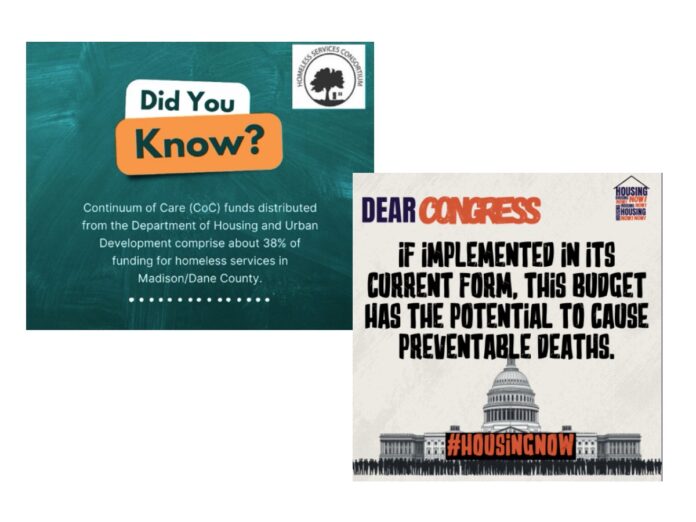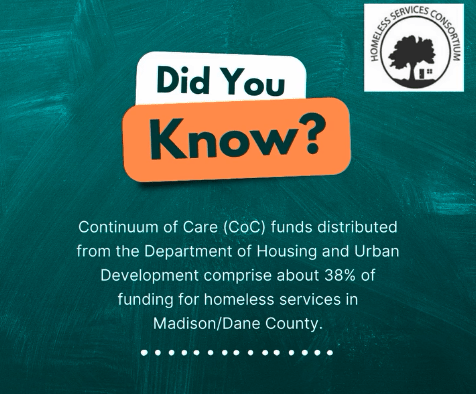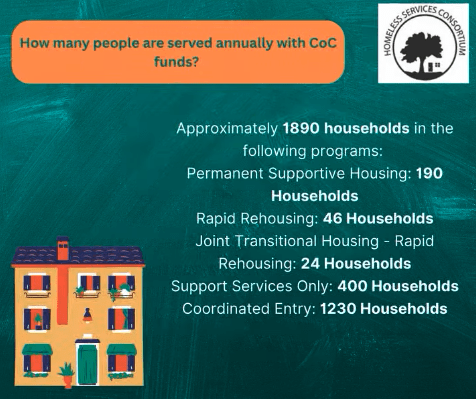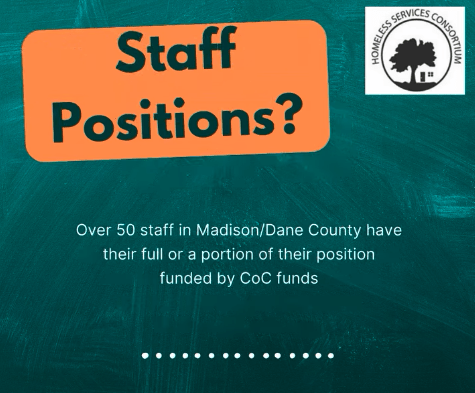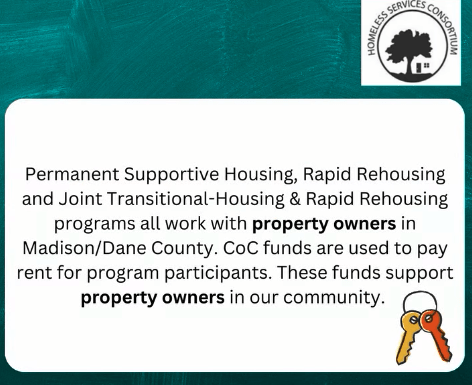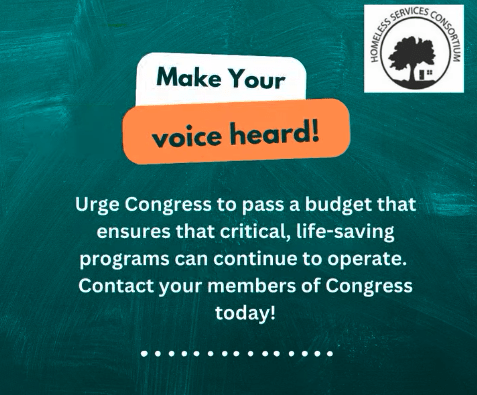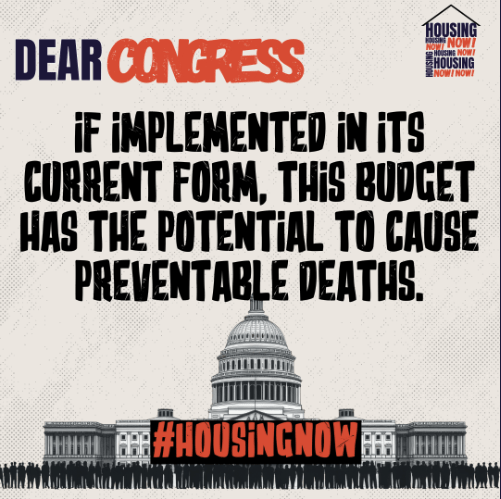The National Coalition for the Homeless strongly opposes President Donald J. Trump’s proposed Fiscal Year 2026 budget. Presidential budgets reflect an administration’s core principles and priorities. President Donald J. Trump’s proposed Fiscal Year 2026 budget signals a troubling lack of concern for vulnerable populations, including children, elderly veterans, and marginalized communities. Rather than upholding a vision of equity and care, the proposal suggests a retreat from programs that provide critical support to those most in need.
Budgets are more than just financial documents; they are moral and political statements that reveal an administration’s priorities, values, and ambitions. When a president releases a budget proposal, it is not merely a matter of accounting—it is a roadmap that outlines the administration’s vision for the nation, underscoring the programs it seeks to fund, the initiatives it aims to curtail, and the populations it intends to support or deprioritize. Analyzing these budgets is critical in understanding the immediate fiscal realities and the long-term implications on society.
A presidential budget is rarely enacted in its original form. Rather, it serves as a starting point for negotiations among Congress, advocacy groups, and the public. The budget debate often becomes a reflection of broader ideological divisions, with each side using funding priorities to advance its vision for the country.
Donald Whitehead, the Executive Director of the National Coalition for the Homeless, asserts that the President’s budget blatantly disregards marginalized communities. “Last year, we witnessed the highest number of individuals experiencing homelessness, and the administration proposes to abandon effective, evidence-based strategies in favor of approaches that will precipitate a catastrophic surge in homelessness. If implemented in its current form, this budget has the potential to cause preventable deaths.”
***Click below to read our full statement
